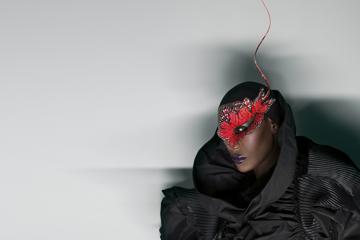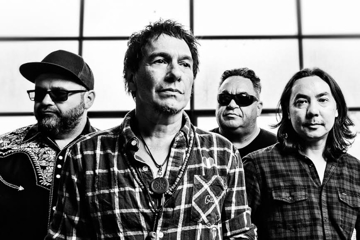Album Review: Beyoncé - Lemonade
"Lemonade gives us an experimental, thought-provoking, invigorating, cinematic masterpiece that gives voices to minorities..."

Beyoncé's sixth studio and second visual album Lemonade dropped via HBO on Saturday, with 12 tracks and slightly over an hour of a vast variety of musical genres from hip hop, reggae, rock, country and soul, to general social and political commentary and poetry written by Kenyan-born Somali-British poet Warsan Shire.
After the opening track Pray You Catch Me, plunging from a rooftop building to the depths of the ocean, she tells us "I tried to change, closed my mouth more, tried to be soft, prettier, less awake, fasted for 60 days, wore white, abstained from mirrors, abstained from sex, slowly did not speak another word." Her messages throughout the album — loosely based off the Kubler-Ross model of the five stages of grief — delve into the stages of overcoming a partner's infidelity, from "intuition" all the way to "redemption".
Beyoncé explores a range of aspects of feminism and race, with a Malcolm X quote in Don't Hurt Yourself, "The most disrespected person in America is the black woman. The most unprotected person in America is the black woman. The most neglected person in America is the black woman." Throughout the album Beyoncé is constantly surrounded by groups of iconic black women, from pro tennis player Serena Williams to French-Cuban doom-soul twin duo Ibeyi, feminist actress Amandla Stenberg (whose character's death in The Hunger Games film sparks outrage and revolt in the community) and 12-year-old child actress Quvenzhane Wallis. Men are almost entirely absent from the whole film, with a heavy focus on black female empowerment.
Lemonade gives us an experimental, thought-provoking, invigorating, cinematic masterpiece that gives voices to minorities and shows immense depth, an undeniable wide range of talent and an evolution of Beyoncé's artistic style.
Don't miss a beat with our FREE daily newsletter







